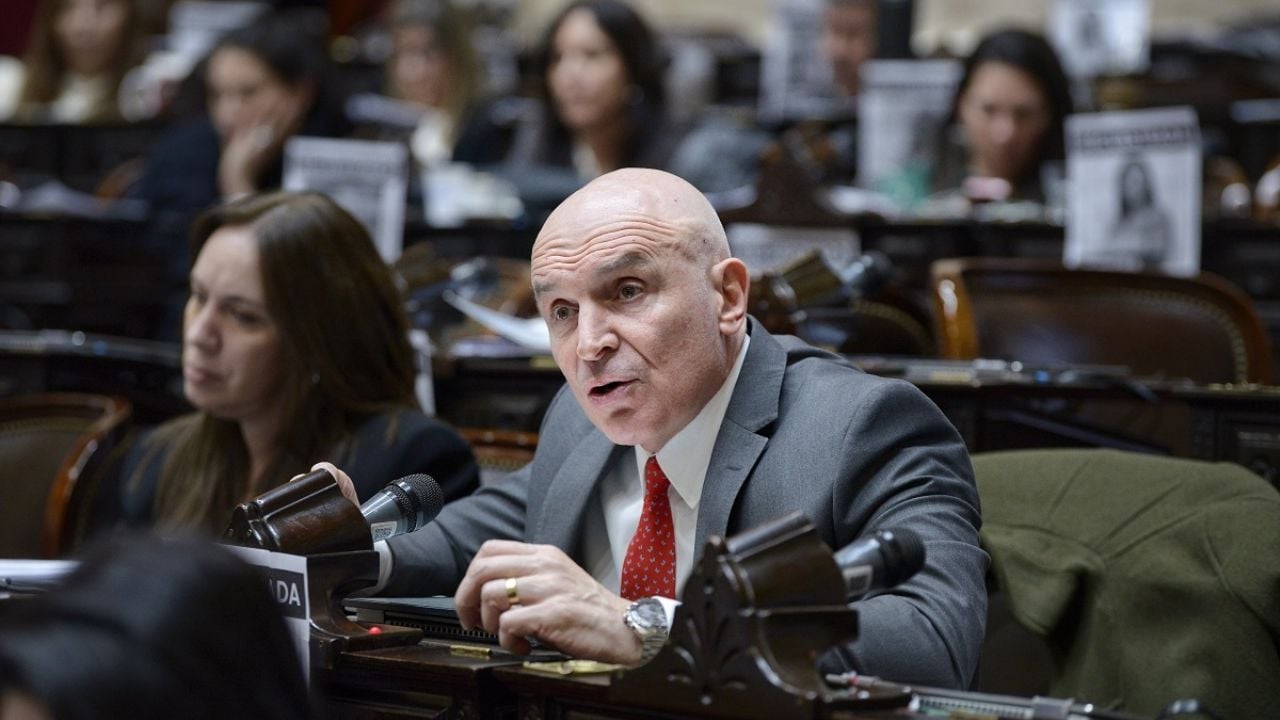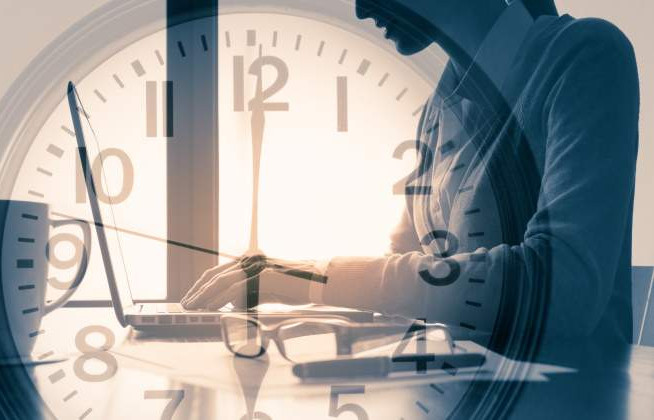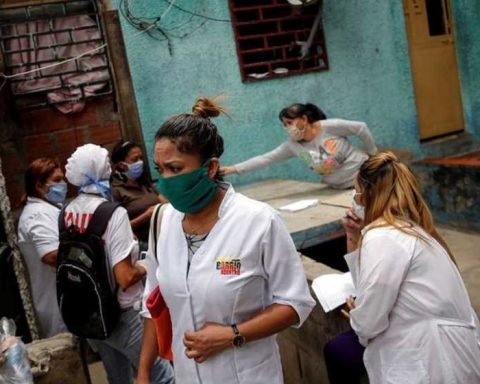The recent approval in the Chamber of Deputies of the bill that declares education as a ““essential strategic service” has generated a wide debate and expectations about its future in the Senate. This initiative, promoted by deputy Alejandro Finocchiaro, former Minister of Education, seeks to ensure that schools remain open with a minimum guard during the days of teacher strikes.
The bill Education as an essential service The bill was approved by the Chamber of Deputies with 131 votes in favour, 95 against and 2 abstentions. The proposal establishes that, in the event of a strike, educational institutions must keep their doors open with a minimum number of teaching and non-teaching staff.
This measure aims to ensure the continuity of educational services, even in situations of labor conflict. The approval in the House of Representatives was not without controversy. Teachers’ unions have expressed their rejection, arguing that the law limits the right to strike, a fundamental right of workers..
Despite these objections, the initiative moved forward thanks to the support of a coalition of legislators from PRO, the ruling party and other allied blocs. The scenario in the Senate seems to be favorable for the final approval of the law.

The ruling party has the support of several blocs, including PRO and Cambio Federal, which could ensure the necessary votes for approval. In addition, it is expected that some UCR senators, who voted against the bill in the House of Representatives, will reconsider their position in the Senate.
One of the key points will be the formation of the Senate Education Committee, which will have to analyze and debate the project before taking it to the floor. The dynamics of the negotiations and possible modifications to the original text will be decisive for the future of the initiative.

Implications
The declaration of the education as an essential service has several implications. Firstly, it seeks to guarantee students’ right to education, avoiding prolonged interruptions in the school calendar. This is especially relevant in contexts where teacher strikes are frequent and significantly affect students’ academic development.
Secondly, the law establishes a minimum guard schedule that varies according to the duration of the strike. During the first two days of the strike, 30% of the staff must be present in educational institutions. From the third day onwards, this percentage increases to 50%. This mechanism seeks to balance the right of teachers to strike with the right to education of students.


















